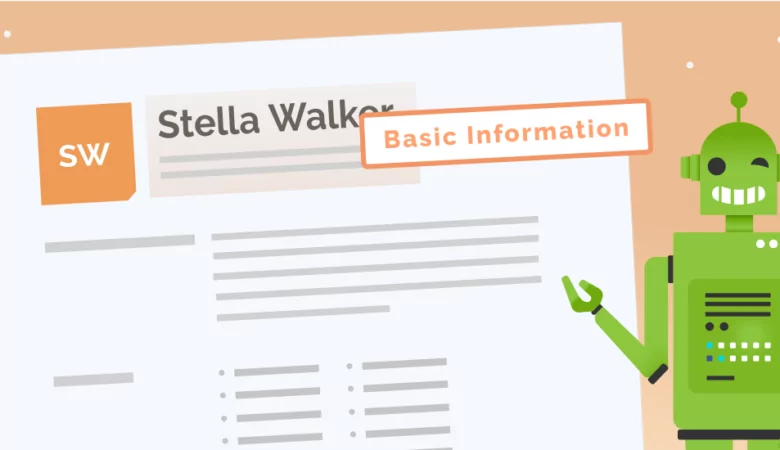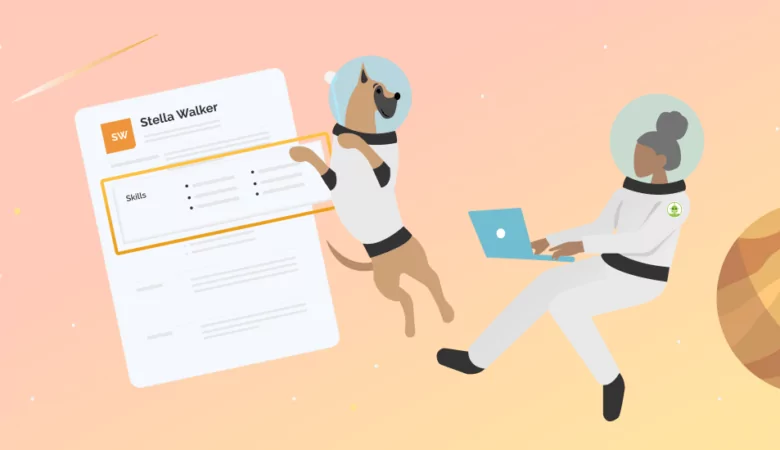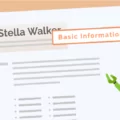Plumbing skills can be surprisingly broader than you might think. Here’s how you can create a resume that shows off all your plumbing skills.
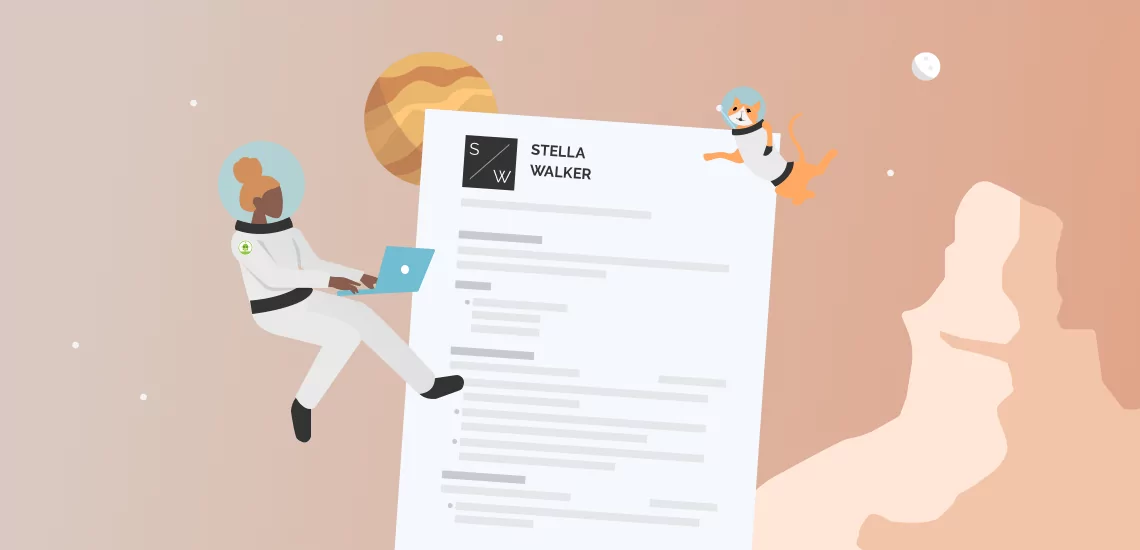
Stunning Plumber Resume Examples for You to Use This Year
Plumber Resume Examples
A plumber can install, maintain and repair plumbing in residential or commercial settings. However, if you’re trying to get a job as a plumber, it’s not enough to just state that you’re able to do plumbing work. You need to prove that you’re up to the task, no matter what that may be. Here’s how you can write a better plumber resume with ResumeNerd.
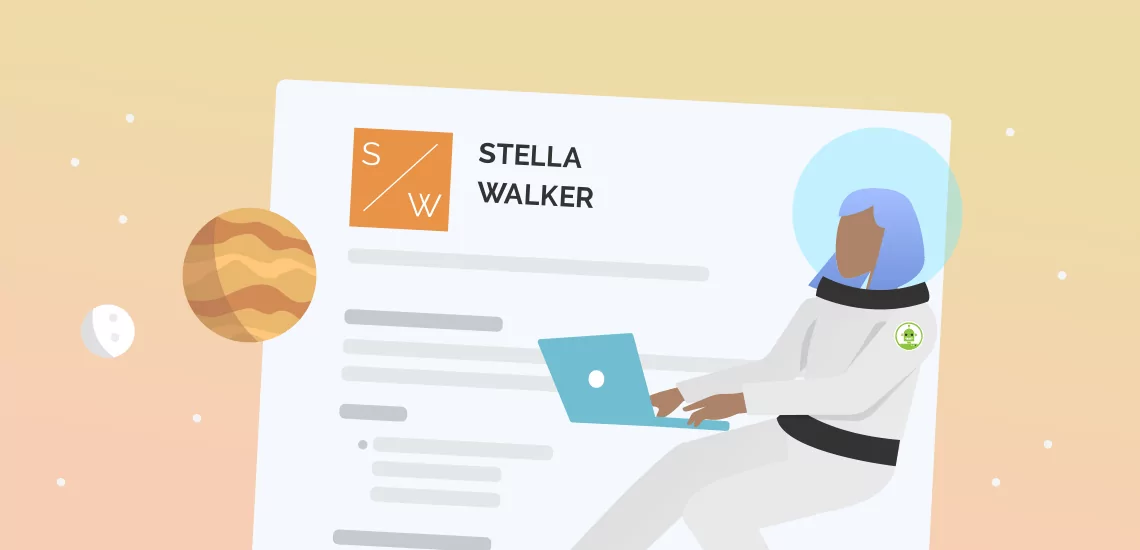
What To Highlight in a Plumber Resume
A hiring manager will always look for a handyperson when searching for a plumber. That means you shouldn’t just know how to do basic plumbing work. You should also know how to handle all elements of the plumbing process and general maintenance that you might be called on to do. If you have the training of a general repair worker, it’s a good idea to show it off here.
Structure of a Plumber Resume
Start by choosing the right resume format for your needs. The chronological resume format is best for individuals with 10 or more years of experience as it emphasizes your work history. The functional resume format works for entry-level to three years of experience and for career gaps since it highlights skills instead of work experience. The combination resume format is best for job seekers with three to nine years of experience and those changing careers as it emphasizes both skills and work history. Once you’ve decided on the resume format that works for you and your experience, you can complete your resume sections.
Header
Your resume header includes your contact information. You should add your email address, phone number and professional social media links, such as your LinkedIn profile.
Resume summary or objective
Start your resume with a resume summary or resume objective. This two- to three-sentence paragraph at the top of the resume should display the information you’d want the hiring manager to see if you could only show them one paragraph. A resume summary is best for people with some work experience and will go over your best achievements and highest metrics. A resume objective is best for people with less experience, as it accentuates your skills and indicates your intentions and goals and what you want to accomplish.
Skills
There are many possible skills to put in a plumber resume, and you must include both soft and hard skills. Here are some bullet points to use as ideas for your skills section:
- Knowledge of many plumbing fixtures (water heaters, bathtubs, dishwashers, faucets, garbage disposals, heating systems)
- Ability to understand full plumbing and drainage systems
- Reading templates and blueprints
- Troubleshooting leakages
- Handling drainage systems
- Managing PVC pipe fittings and threading
- Knowledge of water piping systems
- Usage of plumbing tools, including saws
- Soldering
- Working with a mainline water supply
- Handling hot water lines
- Knowing building codes and plumbing codes
- Problem-solving skills
- Time management skills
- Care for customer satisfaction
- Strong work ethic
- Ability to work with experienced plumbers and pipefitters
Remember to look through plumber resume samples from ResumeNerd to see what skills other plumbers use in their job search.
Work history
Your work experience section can include up to 10 years of experience in many job titles, such as journeyman plumber or even general handyman. Remember to list your job title, company name and years worked. Structure this section in reverse-chronological order, with the most recent job first.
Education
Most plumbers only need a high school diploma and some kind of trade education. Including your certifications and licenses here is most important so the hiring manager knows you can do your job legally.
Do’s and Don’ts for a Plumber Resume
Here are some additional tips to keep in mind when writing your plumber resume:
Do:
- Show attention to detail. You need to be able to focus on minor details to work well as a plumber, which is why indicating that in your resume helps set a strong foundation.
- Include licensing, training and certification information. All licenses and continuing education showcase the type of work you can do.
- Use numbered achievements to quantify your experiences. Instead of stating, “Regularly work as a plumber,” use numbers like “Plumbed 120 commercial sinks in one month.”
Don’t:
- Turn in a resume that you haven’t proofread. If possible, get a friend to proofread your resume as well.
- Give a long list of skills that aren’t tailored to the specific job description you’re applying for. Emphasize skills that match whatever skills are listed in the job description.
- Forget to note which plumbing industry you’re part of. You should mention whether you work in commercial, industrial, or residential plumbing.
FAQ: Plumber Resumes
You should include a cover letter for any application you submit, even if the job description doesn’t mention one. A cover letter allows you to elaborate on the most important parts of your job, talk about your past experiences, and put yourself ahead of any job seekers who don’t have one. If you’ve never written a cover letter, you can use the ResumeNerd cover letter builder to create one more easily.
Many plumbers don’t have much experience before getting their first plumber job. You don’t need years of experience to be a plumber; you just need to show that you have the skills necessary to work as one. Not only should you emphasize your skills and education when applying for an entry-level job, but you should also indicate any apprentice plumber experiences and any work you’ve done under a master plumber. Even if these plumbing jobs weren’t paid, they still count as experience.
Every time you apply for a new job, you should edit your resume to ensure you’re writing the best resume for a specific job posting. Whether listing different skills or showcasing different experiences, writing the perfect resume is about providing you’re showing off what the hiring manager wants from you.


